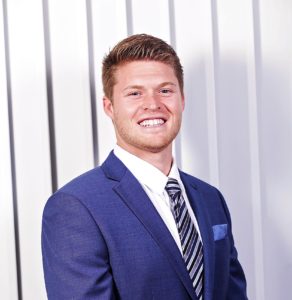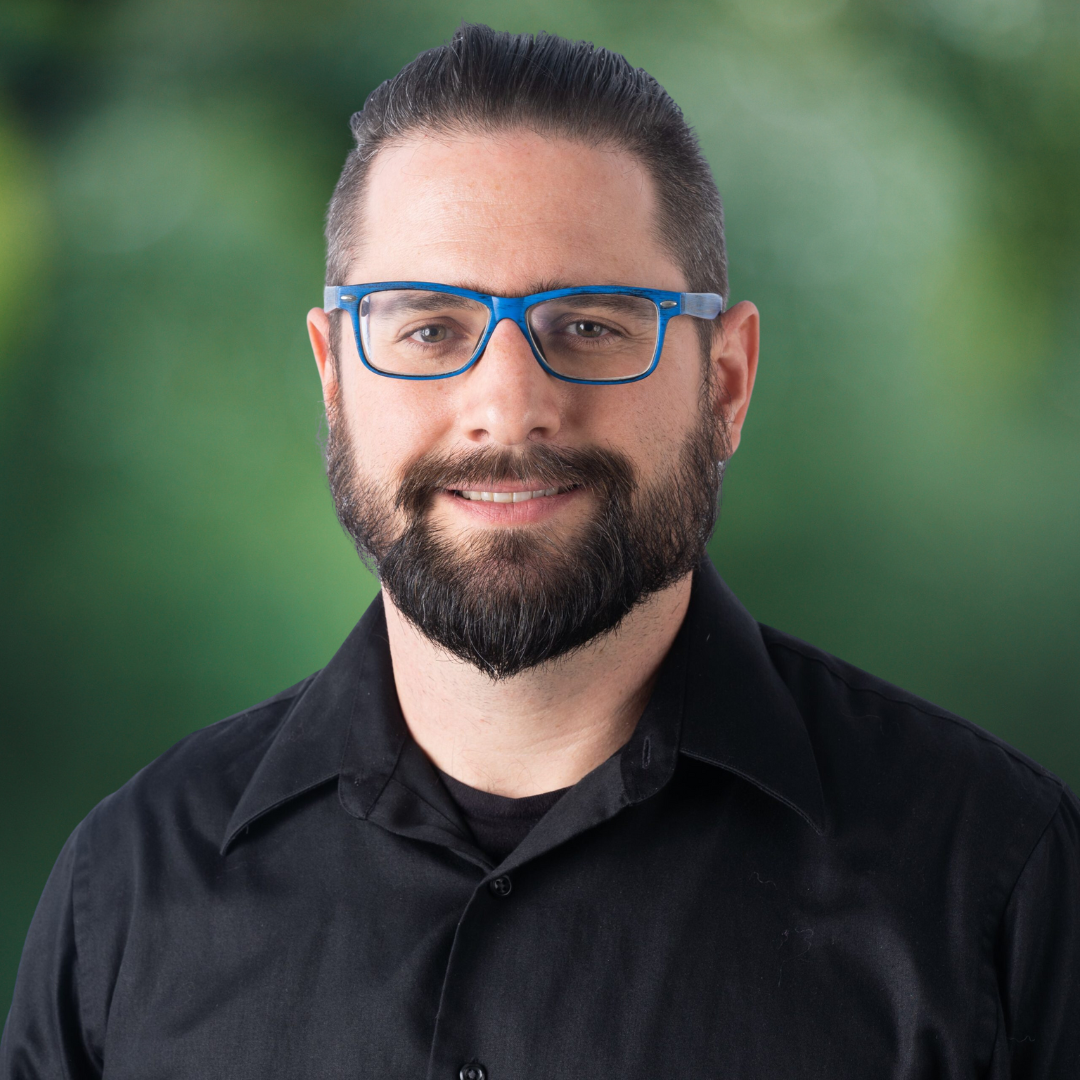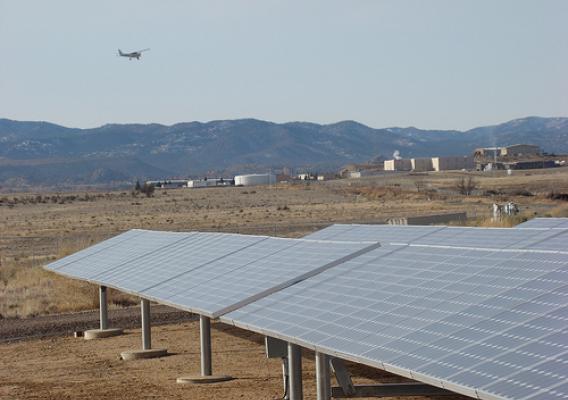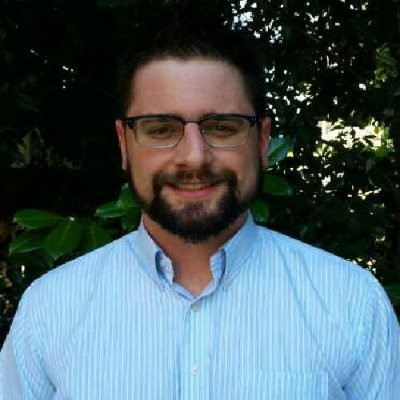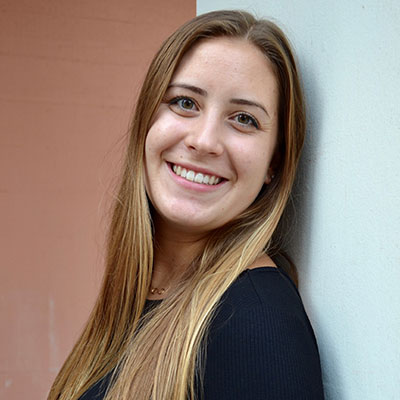
Area 52 Accelerator Housed at Sierra Energy Research Park
Area 52 Accelerator Fills Gap in Clean-Tech Industry Acceleration and Incubation
The growing demand and market for clean-technologies is becoming more and more necessary as citizens are calling for carbon neutral cities, which rely on the invention and development of new sustainable energy generation, efficiency, and recycling technologies. Although the rise in demand calls for new innovative ways to build green cities, startups in the clean-tech space do not have sufficient access to space and tools necessary to develop and test their ideas. Sierra Energy, a gasification company, seeks to expand their offering to the Greater Sacramento Region by developing the Sierra Energy Research Park located in Davis California. This new space will house an accelerator called Area 52, which will develop startups in 5 different verticals of: Energy, Life Sciences, Aerospace & UAVs, Ag and Food, and Advanced Manufacturing.
The Sierra Energy Research Park (SERP) aims to put their 6+ acres of campus to use by connecting and accelerating the innovation and capitalization of clean-tech companies by providing sufficient access to a rapid prototyping lab and connections to tools necessary to build high performing technologies. SERP plans to do this by offering an incubation space of 10,000 sq. ft (2 floors with 10 bays) as well as acceleration through their Area 52 accelerator program. Area 52 will focus on mid-stage startups and is unique in its offering to clean-tech entrepreneurs and startups because they will provide access to physical tools necessary to engineer and build technologies that will transform the green industries. Additionally, they are creating a unique incubator that caters to technologies typically overlooked in relation to the green industries. Enabling entrepreneurs to not only design clean tech solutions, but also fabricate and test them, makes SERP and Area 52 unique in the world. SERP’s location in Davis, CA places it within biking distance from the University allowing university entrepreneurs to develop their clean-tech ideas into companies and products.
The SERP project is underway and has seen tremendous progress since its ideation back in 2015. The initial phase of the research park is projected to be completed by spring of 2018. Sierra Energy Research Park and their Area 52 accelerator are actively seeking campus-level sponsors to generate additional value to the program and space.
If you are interested in becoming a campus-level sponsor please contact: Rob White at rwhite@sierraenergy.com

